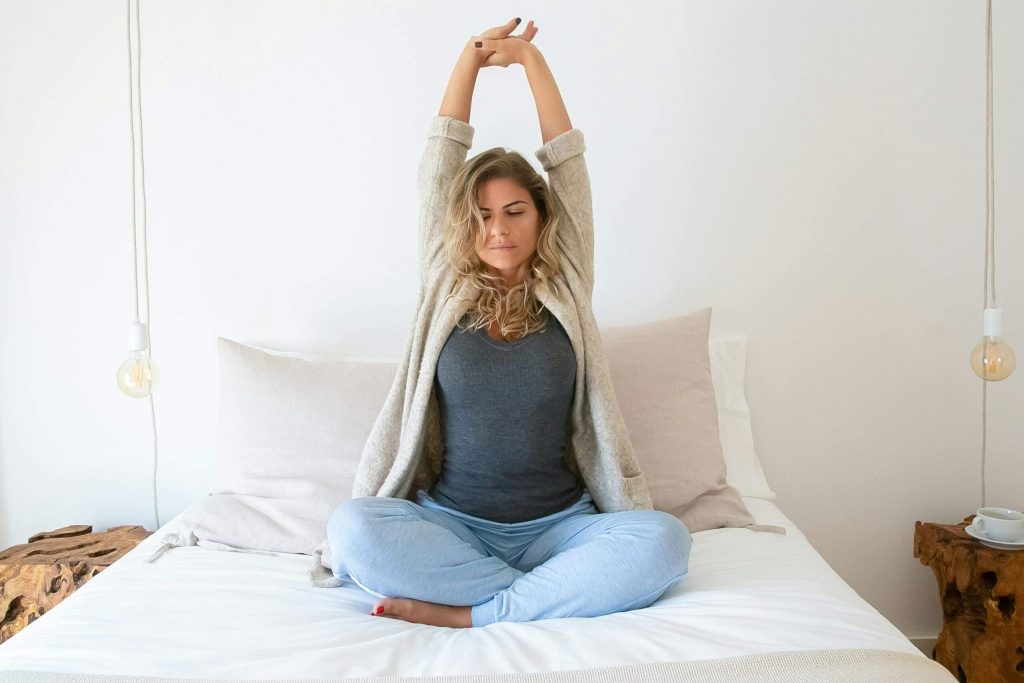
In today’s fast-paced world, stress and anxiety have become common companions. Many people are turning to meditation as a way to find inner peace, improve focus, and enhance overall well-being. Meditation is not just a spiritual practice; it is a powerful tool for mental and physical health. If you are new to meditation, starting can feel overwhelming. Fortunately, there are simple techniques tailored for beginners that can help you cultivate a consistent practice.
Understanding Meditation

Before diving into techniques, it’s important to understand what meditation is. At its core, meditation is a practice that trains your mind to focus and redirect thoughts. It involves sitting quietly, observing your thoughts without judgment, and cultivating a state of calm and awareness. Meditation has been shown to reduce stress, improve emotional health, enhance attention, and even lower blood pressure.
Preparing for Meditation
Before starting, creating a conducive environment can enhance your experience. Find a quiet space where you can sit comfortably without interruptions. You don’t need any special equipment—just a cushion or a chair will suffice. Wear comfortable clothing and set aside a few minutes each day for practice. Consistency is more important than duration, especially for beginners. Even five to ten minutes daily can make a significant difference over time.
Basic Meditation Techniques for Beginners

1. Mindfulness Meditation
Mindfulness meditation is one of the simplest and most popular techniques. The goal is to focus on the present moment and observe your thoughts without judgment. To practice:
- Sit comfortably and close your eyes.
- Pay attention to your breath, noticing the inhale and exhale.
- When thoughts arise, gently bring your focus back to your breath.
This practice helps train your mind to stay present, reducing stress and increasing self-awareness. Beginners can start with five minutes and gradually extend the duration as they get more comfortable.
2. Guided Meditation
Guided meditation involves listening to a narrator who leads you through the practice, often with instructions for relaxation or visualization. This technique is perfect for beginners who find it difficult to focus on their own. Many apps and online platforms provide guided meditations ranging from a few minutes to an hour. The guidance helps you maintain focus and makes meditation more approachable.
3. Body Scan Meditation
Body scan meditation is a technique that enhances bodily awareness and promotes relaxation. It involves mentally scanning your body from head to toe, noticing areas of tension, and consciously relaxing them. To practice:
- Lie down or sit comfortably.
- Close your eyes and bring your attention to your toes.
- Gradually move your focus upward through your feet, legs, abdomen, chest, arms, and head.
- Acknowledge any sensations or tension without judgment and release them.
This method is especially helpful for reducing physical tension and improving sleep quality.
4. Loving-Kindness Meditation
Loving-kindness meditation (or Metta meditation) focuses on cultivating compassion for yourself and others. It is effective for improving emotional health and fostering positive relationships. To practice:
- Sit comfortably and close your eyes.
- Silently repeat phrases such as “May I be happy, may I be healthy, may I be safe.”
- Gradually extend these wishes to loved ones, acquaintances, and eventually all living beings.
This practice nurtures empathy, reduces negative emotions, and increases feelings of connection and kindness.
5. Focused Attention Meditation
Focused attention meditation involves concentrating on a single object, such as your breath, a mantra, or a candle flame. This technique helps improve concentration and mental clarity. Beginners should start with short sessions and gently redirect their attention to the chosen focus whenever distractions occur.
Tips for Beginners
- Start Small: Don’t aim for long sessions initially. Even five minutes a day is effective.
- Be Consistent: Daily practice builds the habit and yields better results over time.
- Avoid Judgment: It’s normal for your mind to wander. Gently bring your focus back without frustration.
- Use Resources: Apps, guided meditations, and books can provide structure and support.
- Be Patient: Meditation is a skill that develops gradually. The benefits accumulate over weeks and months.
Conclusion
Meditation is a simple yet profound practice that can transform your mental, emotional, and physical well-being. For beginners, techniques like mindfulness meditation, guided meditation, body scans, loving-kindness meditation, and focused attention meditation provide accessible ways to start. The key is consistency, patience, and an open mind. By incorporating meditation into your daily routine, you can cultivate inner calm, reduce stress, and improve overall quality of life.
